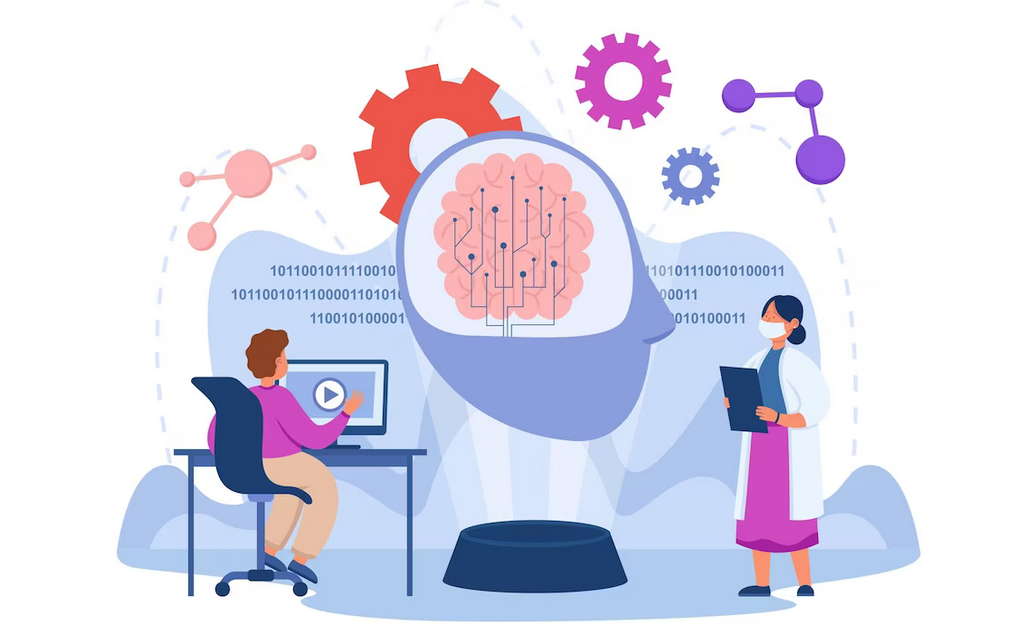Introduction
In today’s digital age, data has become a critical asset for organizations seeking to gain a competitive edge and drive innovation. However, merely having access to data is not enough; organizations must foster data-driven cultures that promote collaboration, innovation, and informed decision-making at all levels. Business intelligence (BI) plays a central role in this endeavor by providing the tools and insights necessary to unlock the value of data. In this article, we explore the importance of building data-driven cultures, the role of BI in fostering collaboration and innovation, and strategies for cultivating a culture of data-driven decision-making within organizations.
The Importance of Data-driven Cultures
Data-driven cultures empower organizations to harness the power of data to drive business growth, improve performance, and stay ahead of the competition. By prioritizing data-driven decision-making and fostering a culture that values data, organizations can:
- Enable Informed Decision-Making: Data-driven cultures empower employees at all levels to make informed decisions based on data insights rather than intuition or anecdotal evidence. This leads to better outcomes, reduced risks, and increased agility in responding to changing market conditions.
- Promote Collaboration: Data-driven cultures encourage collaboration and knowledge sharing across departments and teams. By breaking down silos and sharing data insights, organizations can leverage collective expertise and diverse perspectives to drive innovation and problem-solving.
- Drive Innovation: Data-driven cultures foster a mindset of experimentation and innovation by encouraging employees to explore data, test hypotheses, and uncover new opportunities. By embracing data-driven innovation, organizations can stay ahead of the curve and capitalize on emerging trends and market opportunities.
- Improve Performance: By measuring and analyzing key performance indicators (KPIs), organizations can identify areas for improvement, set performance targets, and track progress towards goals. Data-driven cultures prioritize continuous improvement and accountability, driving performance excellence across the organization.
The Role of Business Intelligence in Fostering Collaboration and Innovation
Business intelligence serves as the foundation for building data-driven cultures by providing the tools and insights necessary to unlock the value of data. BI platforms enable organizations to:
- Aggregate and Analyze Data: BI tools aggregate and analyze data from various sources, providing organizations with a comprehensive view of their operations, customers, and market dynamics. By centralizing data and making it accessible to decision-makers, BI fosters collaboration and alignment around common goals.
- Visualize Insights: BI platforms offer powerful data visualization capabilities, allowing users to create interactive dashboards, reports, and visualizations that communicate insights effectively. By presenting data in a clear and intuitive manner, BI fosters collaboration and enables stakeholders to explore and interpret data together.
- Enable Self-Service Analytics: BI tools empower users to explore and analyze data independently through self-service analytics capabilities. By democratizing access to data and analytics tools, BI fosters a culture of curiosity and experimentation, encouraging employees to explore data and uncover insights on their own.
- Facilitate Data-driven Decision-Making: BI platforms provide decision-makers with real-time access to data insights, enabling them to make informed decisions quickly and confidently. By integrating data into decision-making processes, BI fosters a culture of accountability and transparency, where decisions are based on evidence rather than opinion.
Strategies for Cultivating a Data-driven Culture
Building a data-driven culture requires a concerted effort and a strategic approach. Some key strategies include:
- Leadership Commitment: Leadership must demonstrate a commitment to data-driven decision-making and lead by example. By championing the importance of data and investing in BI initiatives, leaders set the tone for the organization and inspire others to embrace data-driven practices.
- Education and Training: Organizations should invest in training programs to build data literacy and analytics skills among employees. By providing training on BI tools, data analysis techniques, and best practices, organizations empower employees to leverage data effectively in their roles.
- Reward and Recognition: Recognize and reward employees who demonstrate a commitment to data-driven decision-making and innovation. By celebrating successes and highlighting the impact of data-driven initiatives, organizations reinforce the value of data and motivate employees to embrace data-driven practices.
- Continuous Improvement: Building a data-driven culture is an ongoing process that requires continuous learning and adaptation. Organizations should regularly evaluate their BI initiatives, solicit feedback from employees, and make adjustments as needed to ensure alignment with business goals and objectives.
Conclusion
Building a data-driven culture is essential for organizations seeking to thrive in today’s competitive business environment. By prioritizing data-driven decision-making, fostering collaboration and innovation, and leveraging BI tools and insights, organizations can unlock the full potential of their data and drive business growth and success. As organizations continue to evolve, cultivating a data-driven culture will be essential for staying agile, responsive, and competitive in the digital age.
FAQs
Q: How can organizations overcome resistance to change when implementing a data-driven culture?
A: Organizations can overcome resistance to change by involving employees in the process, providing training and support, and demonstrating the value of data-driven practices through tangible results and success stories. By fostering a culture of experimentation and learning, organizations can encourage employees to embrace new ways of working and adapt to change.
Q: What are some common challenges organizations may face when building a data-driven culture?
A: Common challenges include data silos, lack of data quality and governance, resistance to change among employees, and cultural barriers to collaboration and innovation. Overcoming these challenges requires strong leadership, investment in
technology and training, and a strategic approach to change management and organizational culture.
